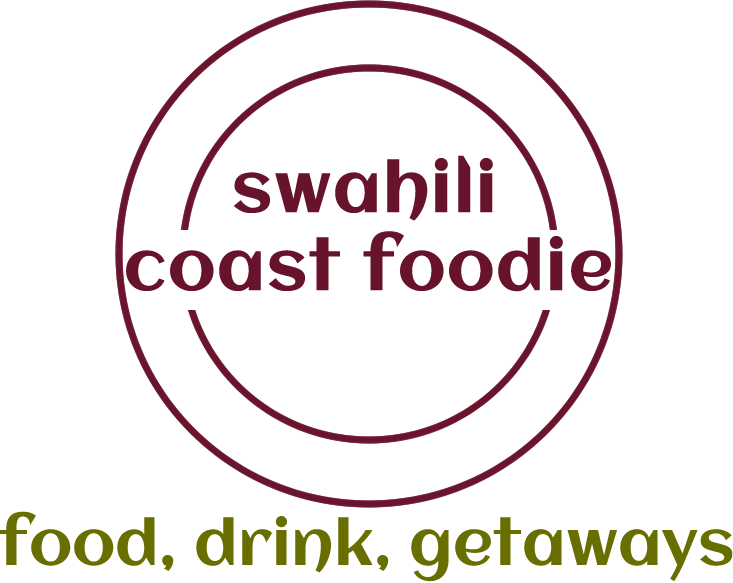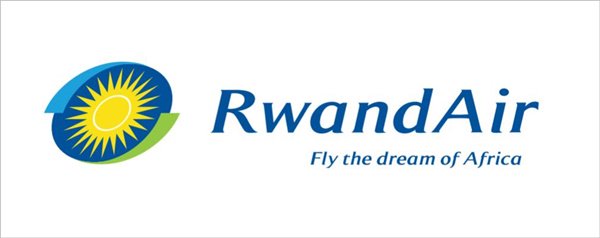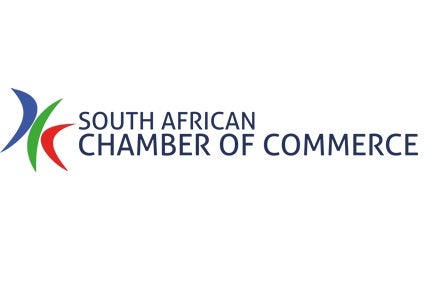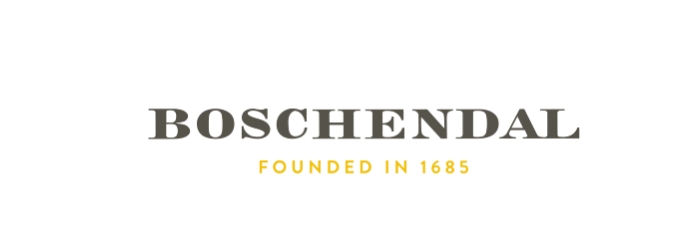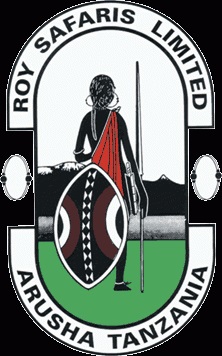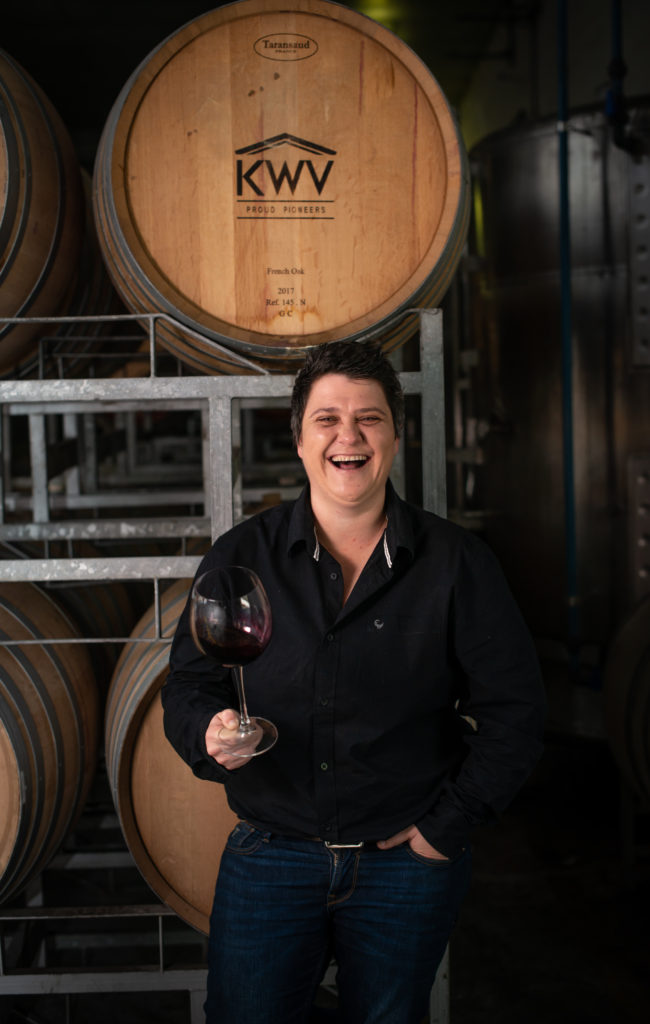
Izele van Blerk is the creative genius behind the remarkable team responsible for KWV’s The Mentors – a premium wine range that reflects the diversity of the soils and climate in South Africa. Its name recognises that Mother Nature is the greatest mentor whose natural gifts give us the ability to cultivate vines with beautiful results.
The driving force behind the range, first bottled in 2006, joined the major South African wine and spirits producer in 2009 just as The Mentors was launched globally. Since that time, Izele has gone on to lead a team combining relentless enthusiasm, an innovative spirit and technical know-how. “It is the artisanal side of wine making that motivates me most and the creativity,” explains Izele who never wanted a desk job and was a rising international tennis and badminton star before sustaining an injury that took her life in another direction. As a lover of sport and the great outdoors it was inevitable she would seek an active role far removed from a computer screen.
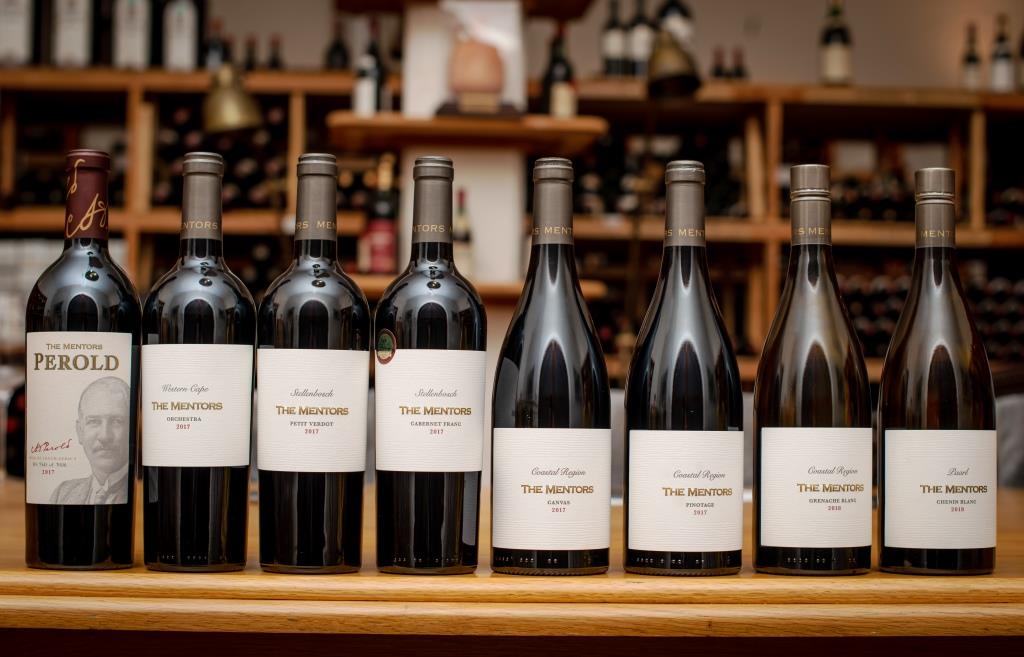
“I also have a passion for people!” says Izele who is a gifted communicator. She speaks about her role and the wine she beautifully crafts with a powerful combination of expert insight and authentic enthusiasm. The ability to bring people together through sharing great wine is clearly a huge ‘drive’ and delight for the genial winemaker.
Izele’s ‘big career change’ was greatly influenced by her late father who worked as a viticulturist and exposed her to the world of wine in her formative years. She would accompany her father to vineyards and his work sparked her curiosity for wine. “He inspired me to start my career,” says the proud winemaker, “He taught me the importance of creativity.” Izele’s father would see her career blossom and she readily admits this inspiring figure was also her ‘biggest critic’. Having such a valuable and supportive source of wisdom, however, certainly helped her flourish in her role at KWV.

The Mentors Carmernere 2017 is a limited edition of 1,300 bottles.
Izele has previously stated that: “As a winemaker I can’t do anything if I don’t have the best grapes.” A team of three KWV viticulturist work to identify vineyards with potential explains from the heart of the South African winelands. “We buy from 54 different vineyards across the Western Cape,” says Izele, “While KWV harvests 13,000 tons per year only 600 tons are required for The Mentors range.” KWV takes a long-term view in their commercial relations with the vineyards they work with. “We can trial the grapes for three years to see their potential for the Mentors,” explains Izele whose brand also use blind tasting to select the very best produce and give wine farms the opportunity to compete fairly for important contracts. In recent years Izele has seen the company work to develop even stronger relationships with the producers who make the grade: “We can now allocate long-term contracts up to a period of ten years – it’s a win-win situation.”
The result of such careful commercial relationships, outstanding cultivation and the finest winemaking has been the growing international reputation of The Mentors range. The eight permanent wines in the collection offer customers a regular selection made from the finest grapes grown in South Africa. This range has now been joined by an annual special release wine. Izele worked with respected KWV brand manager Tanya Blokdyk to offer the perfect challenge for the experimental dynamism of The Mentors cellar. “To keep being creative we decided to launch a limited edition with niche varietals to stand out from our main range,” says Izele who has spent up to a decade tracking potential blocks of wine that could produce the ultimate wine with ‘personality’ she always aspires to create. Izele hopes customers will have the opportunity to form their own collection of niche varietals – lesser-known grape varieties – through the limited edition release that will be offered each year.
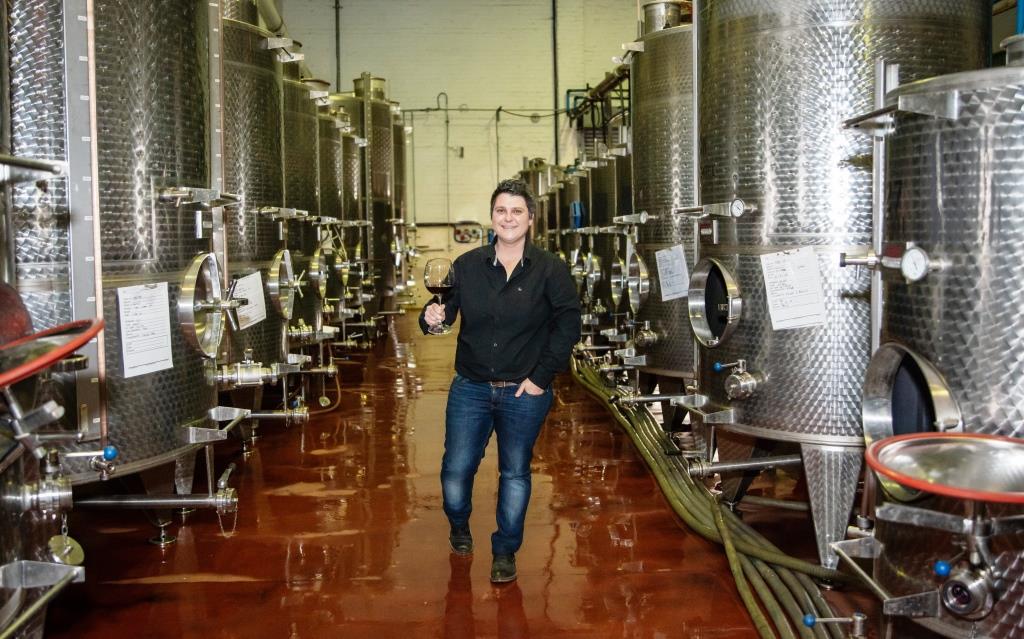
The Mentors Carménère 2017 has already won praise since being launched in 2019. KWV is only the second producer in South Africa to make wine from Carménère – now the signature grape of Chile that originated in Europe but was wiped out of the continent by a fungal disease in the 1800s. Izele’s wine originated from a 1.15 ha block of Carménère in Stellenbosch, South Africa’s premier wine producing area. She describes Carménère as a ‘difficult varietal’ that often fails to ‘hit the spot’ but the yield in 2017 produced a result that seemed exceptional. While the taste of Carménère may divide opinion, Izele encourages wine lovers to sample the wine whose release was restricted to 1,300 bottles: “It has a lot of beautiful bold flavours. It’s full bodied on both the nose and palette.”
Creating such outstanding wines, however, is not without challenge. “No two days are the same as a wine maker,” says Izele, “My motto is to ‘expect the unexpected’.” By far the biggest – and sadly the most expected – challenge facing her work in recent years has been the drought conditions affecting grape yields in South Africa. Climate change predictions indicate that wine-producing centres like the Western Cape will become drier with an even more erratic rainfall pattern. Izele has a philosophical approach towards the water challenges facing her industry: “Be innovative and work with nature as you don’t have control over it. I am a perfectionist but with nature you don’t have control.” Winemakers like Izele are working tirelessly with growers to explore innovative production practices, adopting new technology and cultivating more quality, drought-resistant vines.
Despite the growing conditions of recent years, Izele says the 2020 harvest is looking ‘exceptional’ with the potential to yield very high quality wine. The global pandemic that coincided with the critical period for the industry, however, has presented new challenges. The COVID-19 lockdown that began in South Africa from 26 March 2020 forced producers to rapidly harvest the last grapes of the season and complete winemaking processes in cellars. Harvesting and storage challenges were then followed by a national ban on the sale of alcohol. A huge loss in sales put immense strain upon the enterprises that employ 300 000 people directly and indirectly in the industry according to Wines of South Africa industry association.
In such circumstances, it is not surprising that Izele believes that it is very important for winemakers not ‘just to make wine’ but to also play a wider role in creating a sustainable future for the nation’s wine industry. For Izele, it is vital for a winemaker to fully understand the wider workings of the business in order to strategically support their company and industry tackle challenges and unlock opportunities. She calls for winemakers to be part of a collective response that aligns with others to create a sustainable future for the industry. Such an approach will certainly create conducive conditions to help one of the world’s great wine making nations to navigate through uncertain times and remain resilient.
